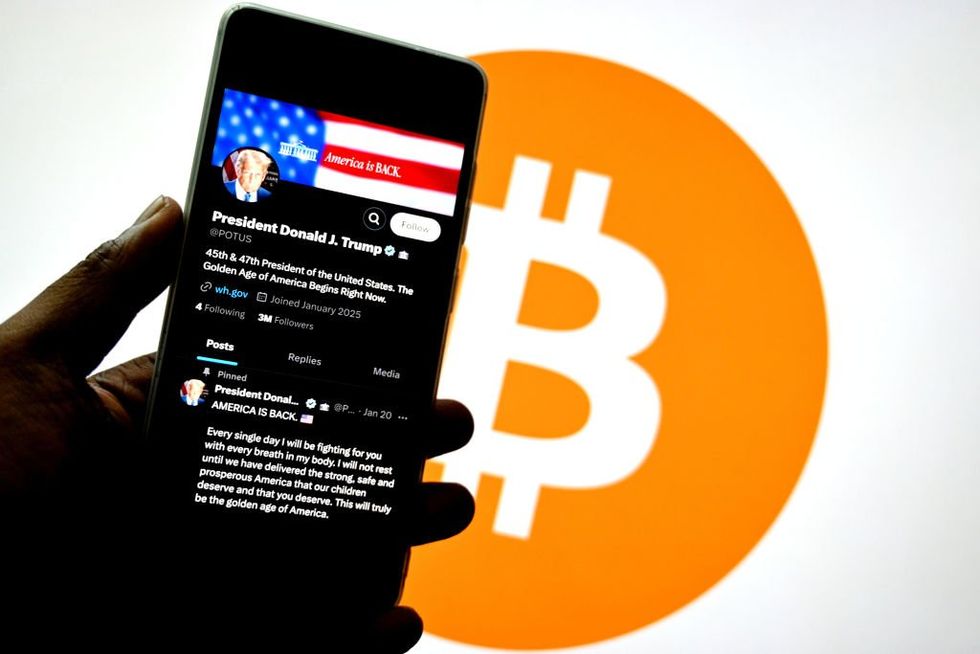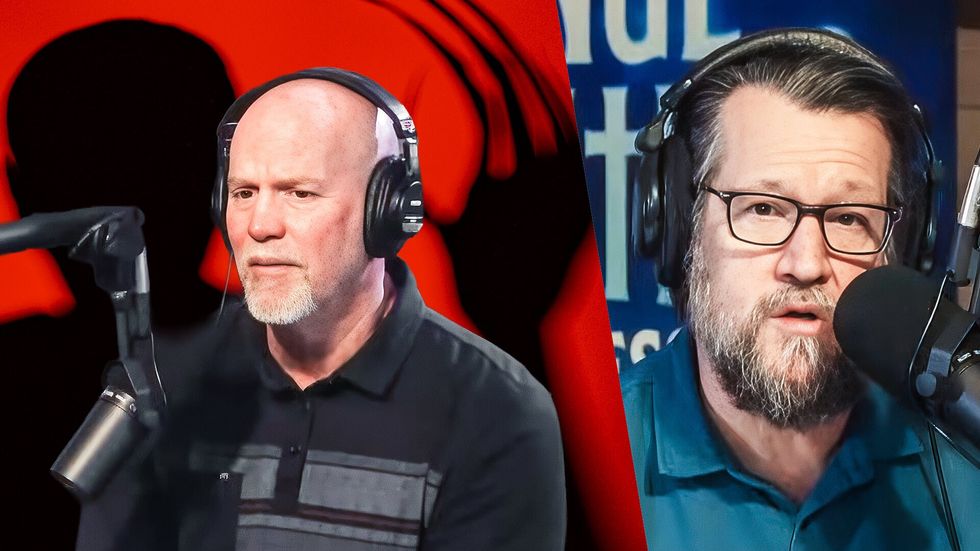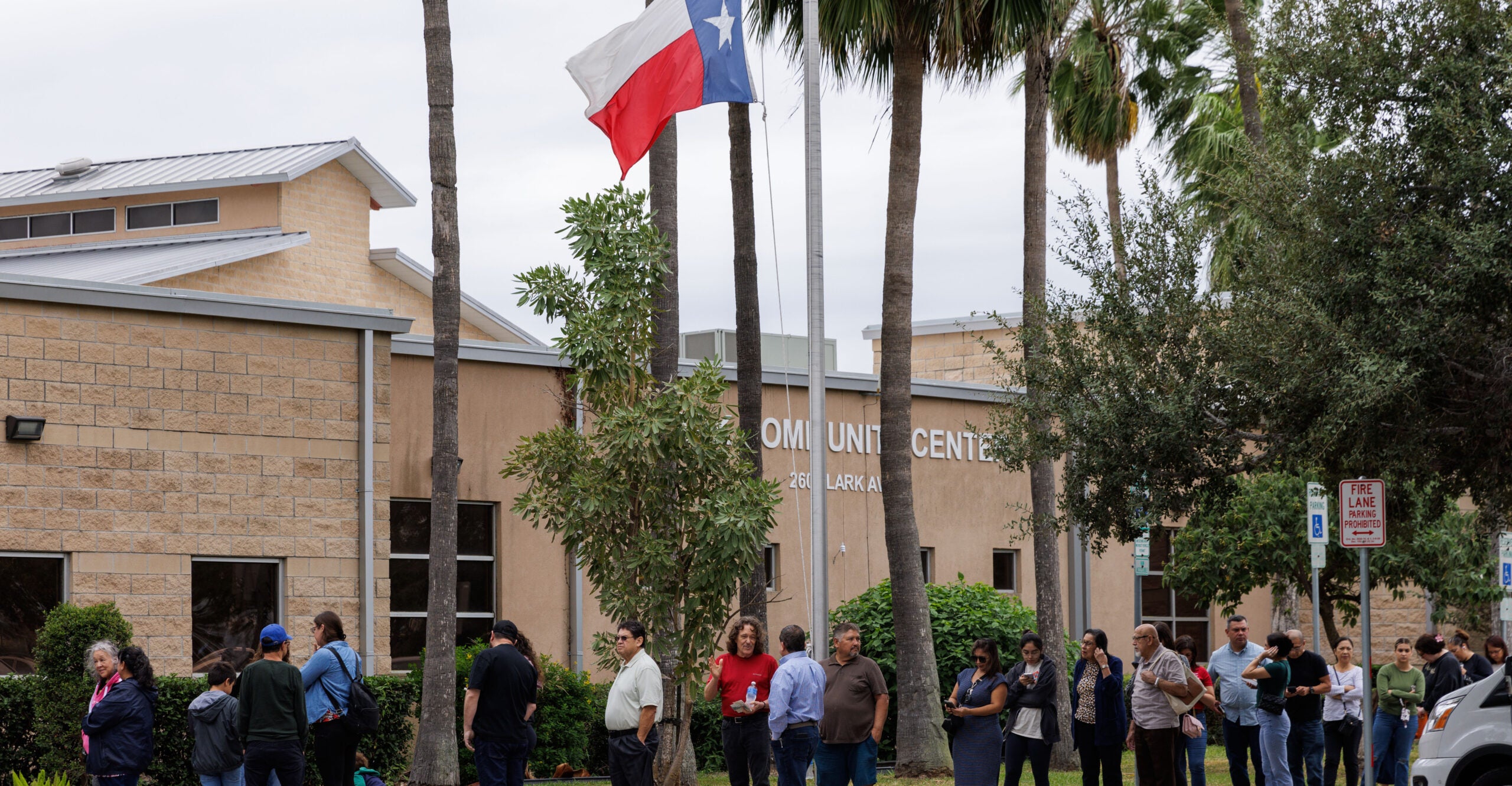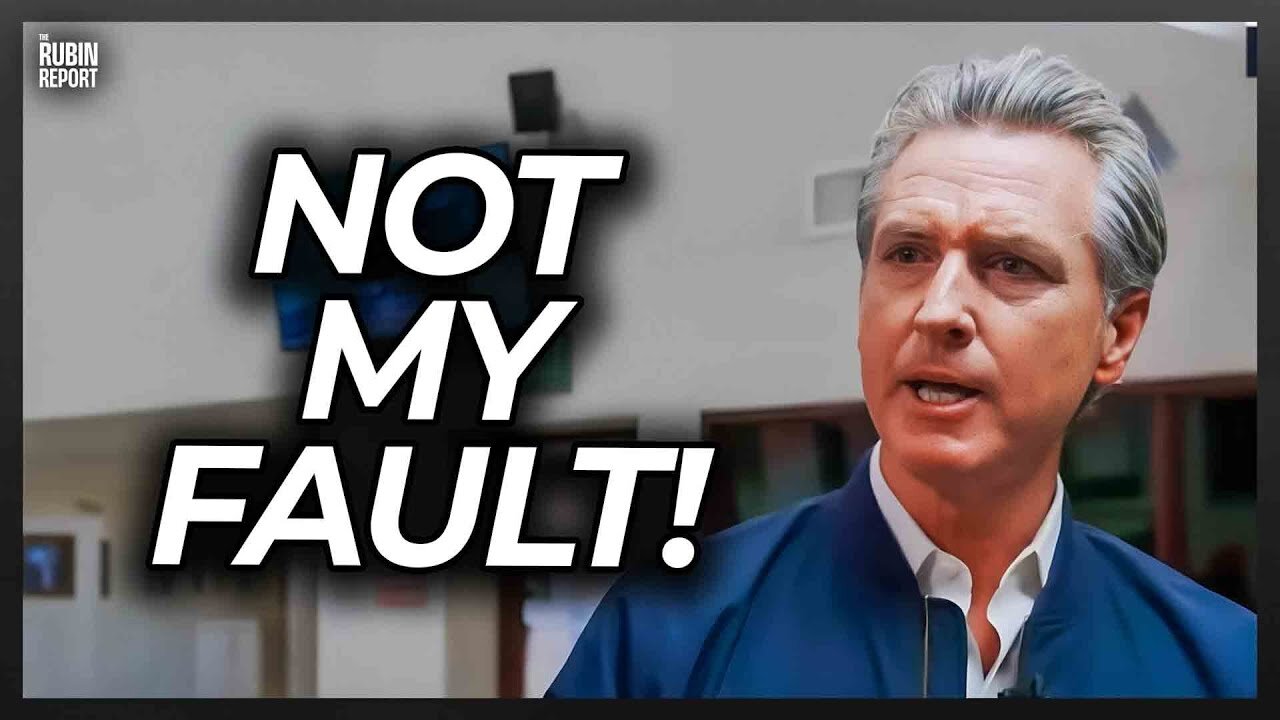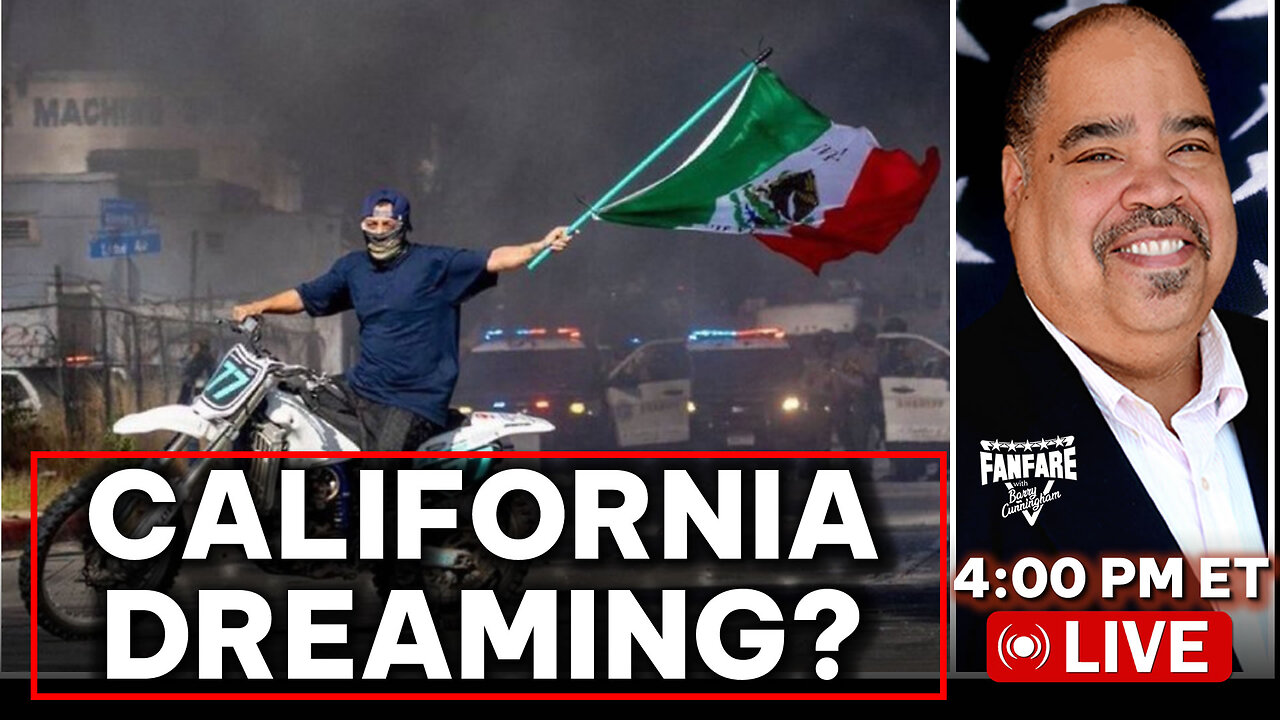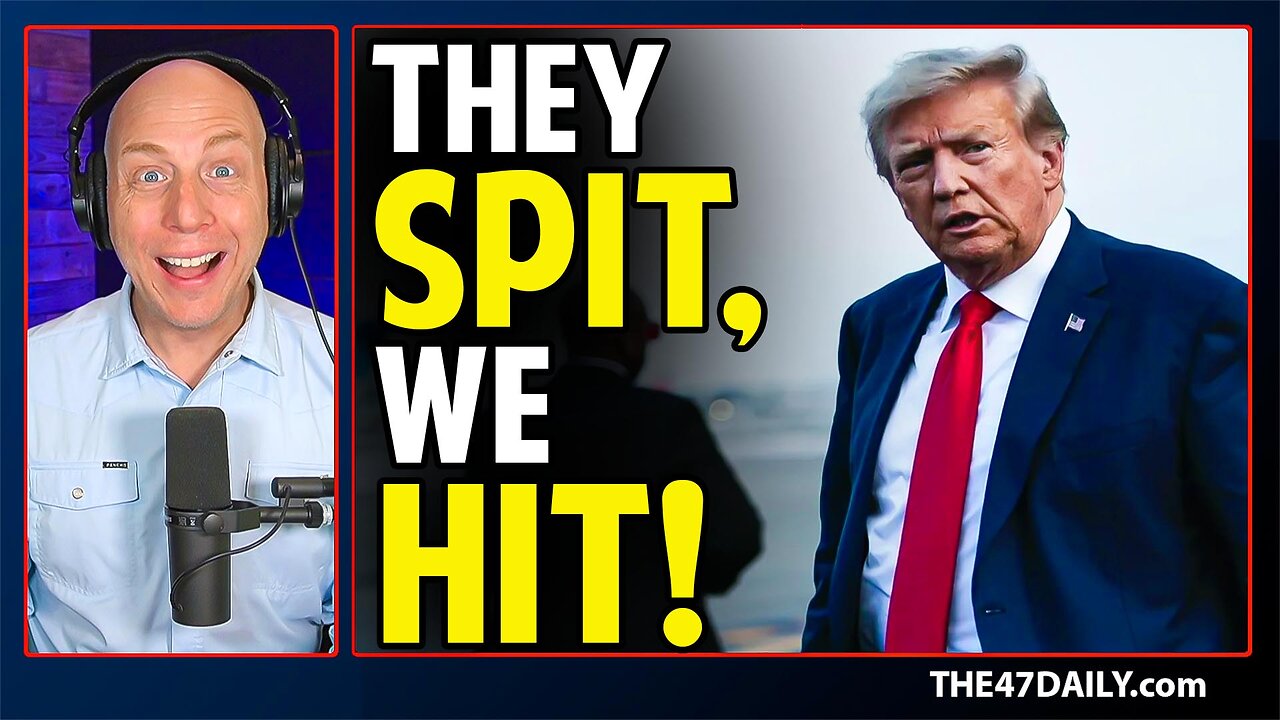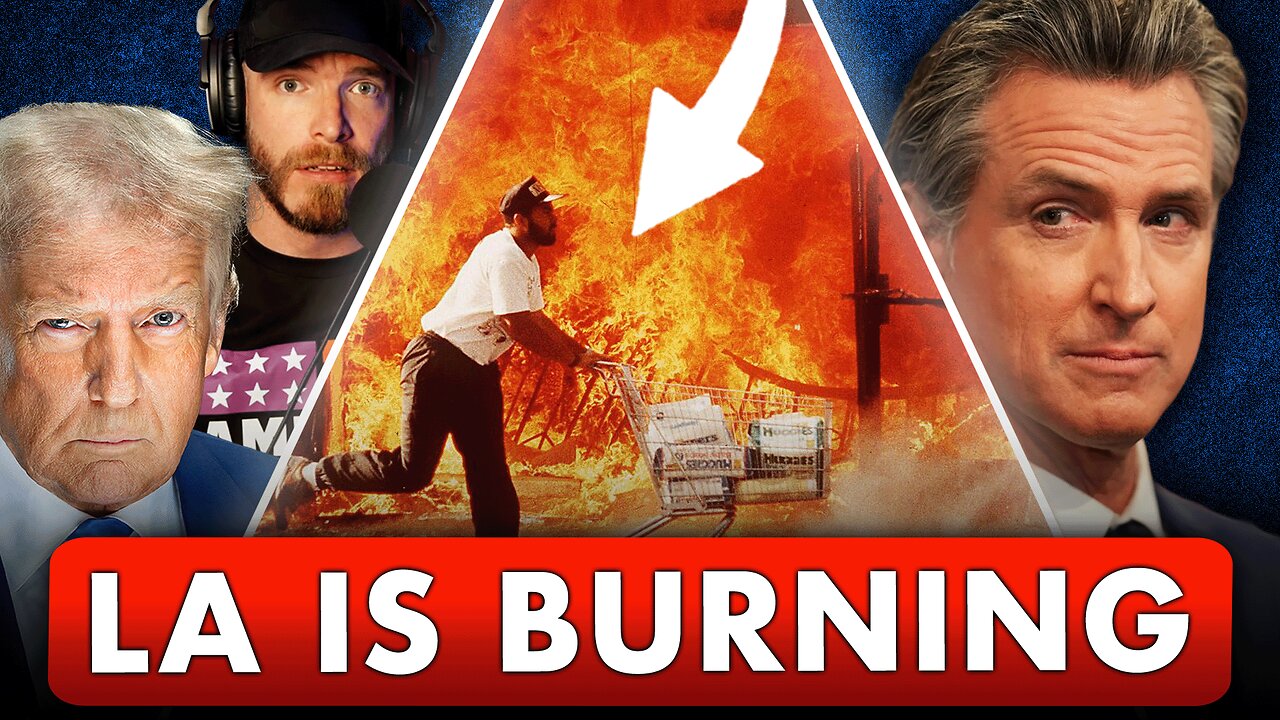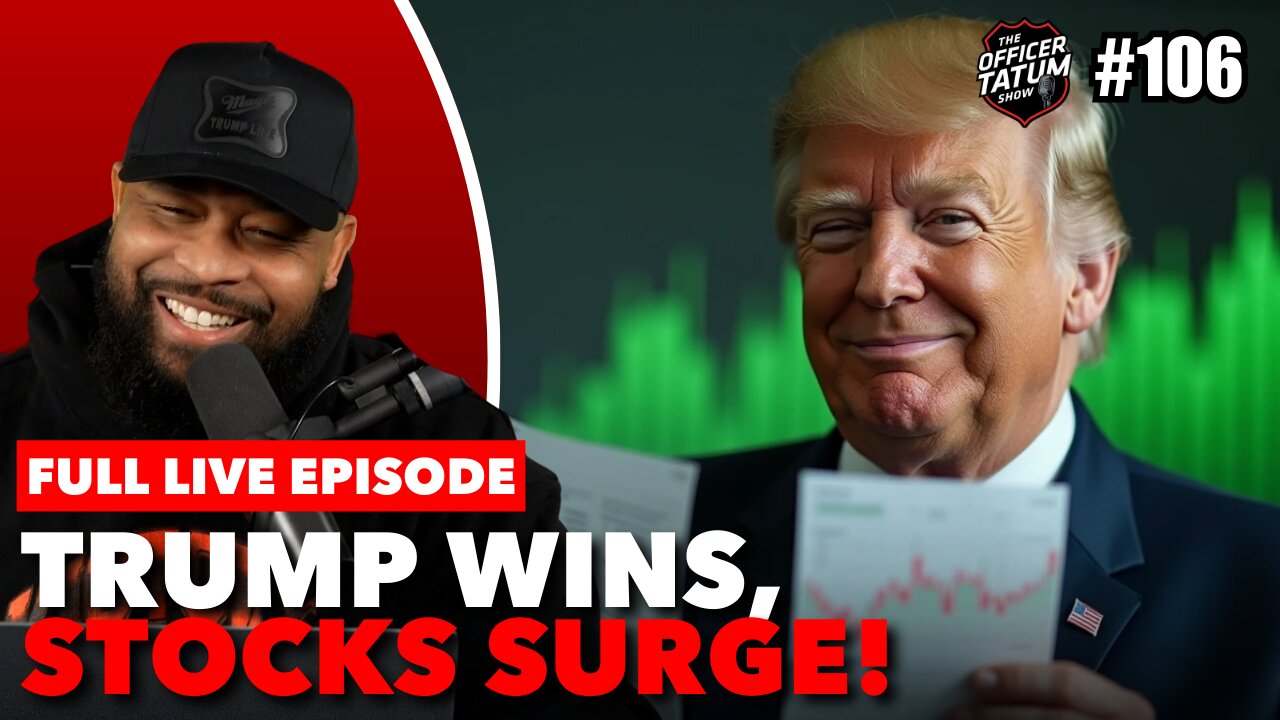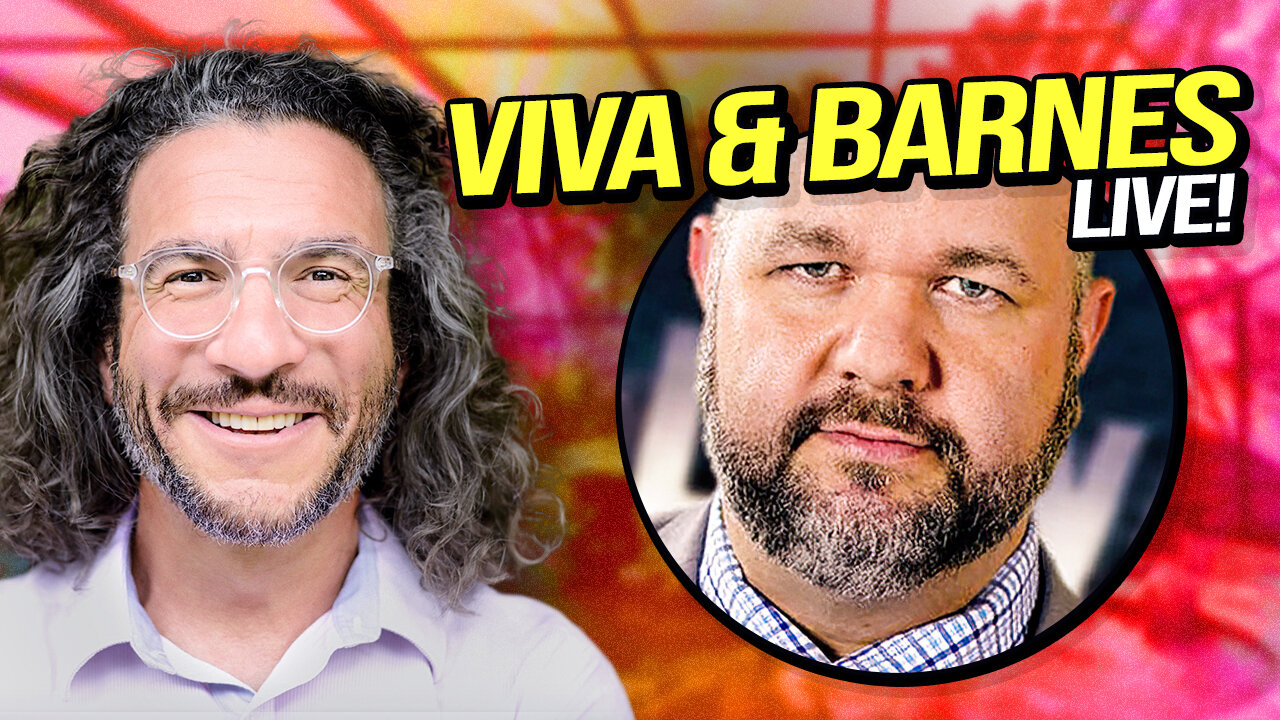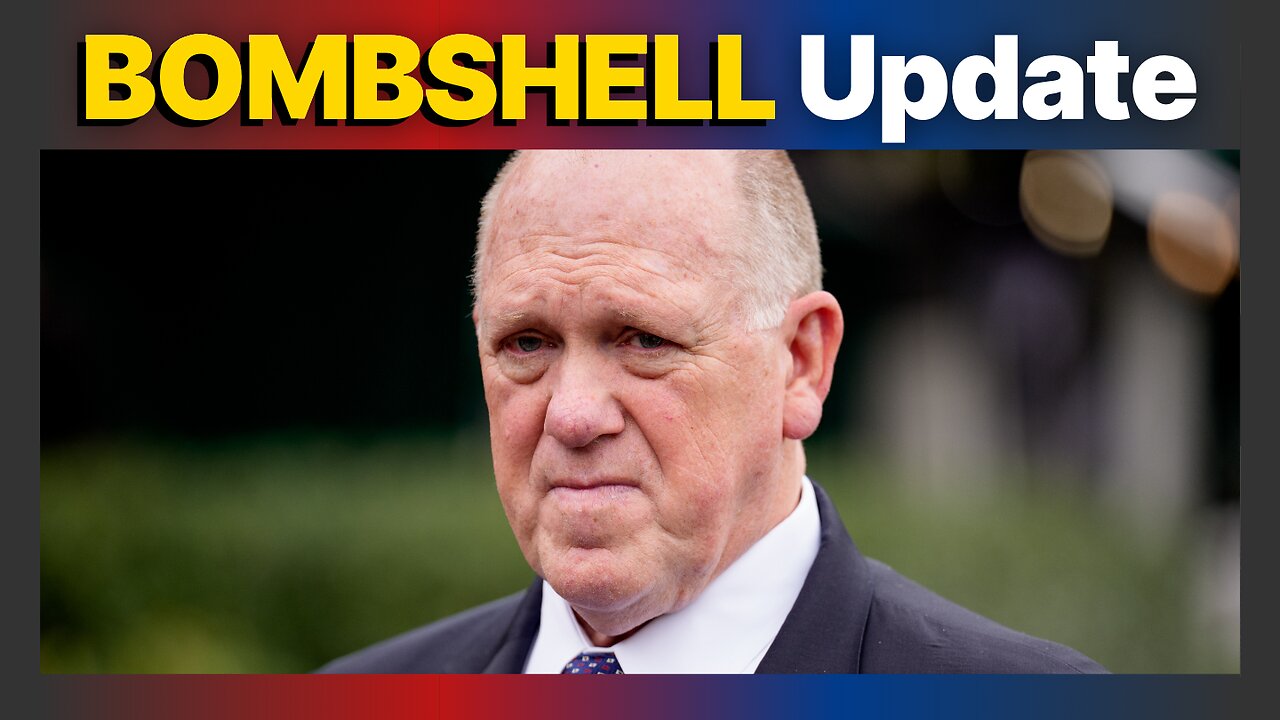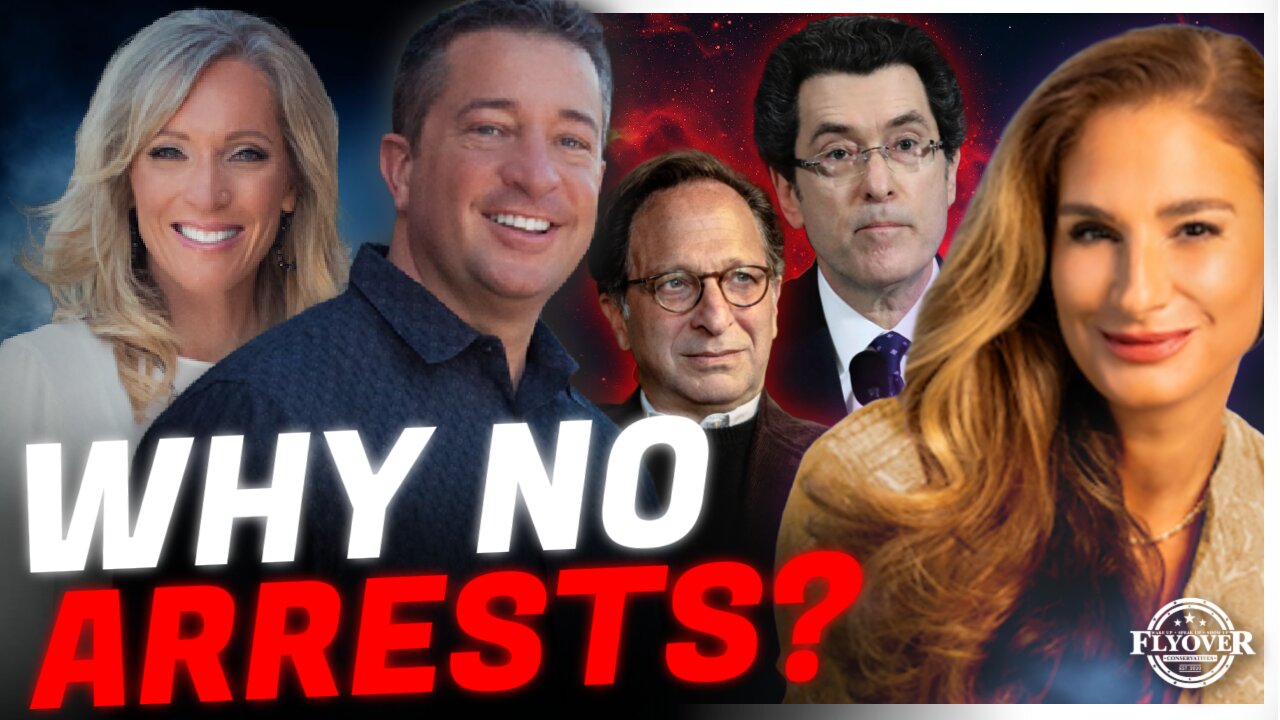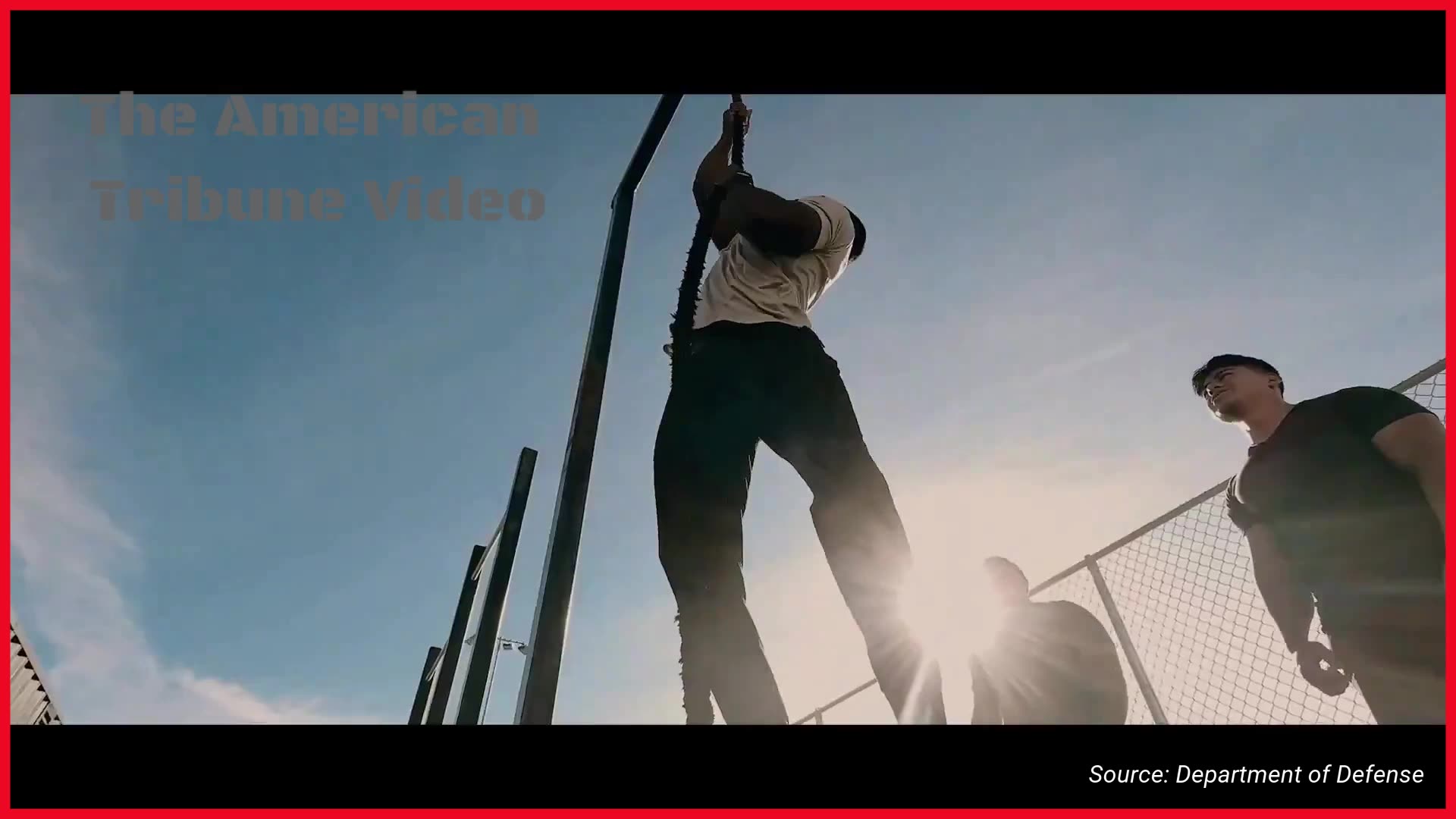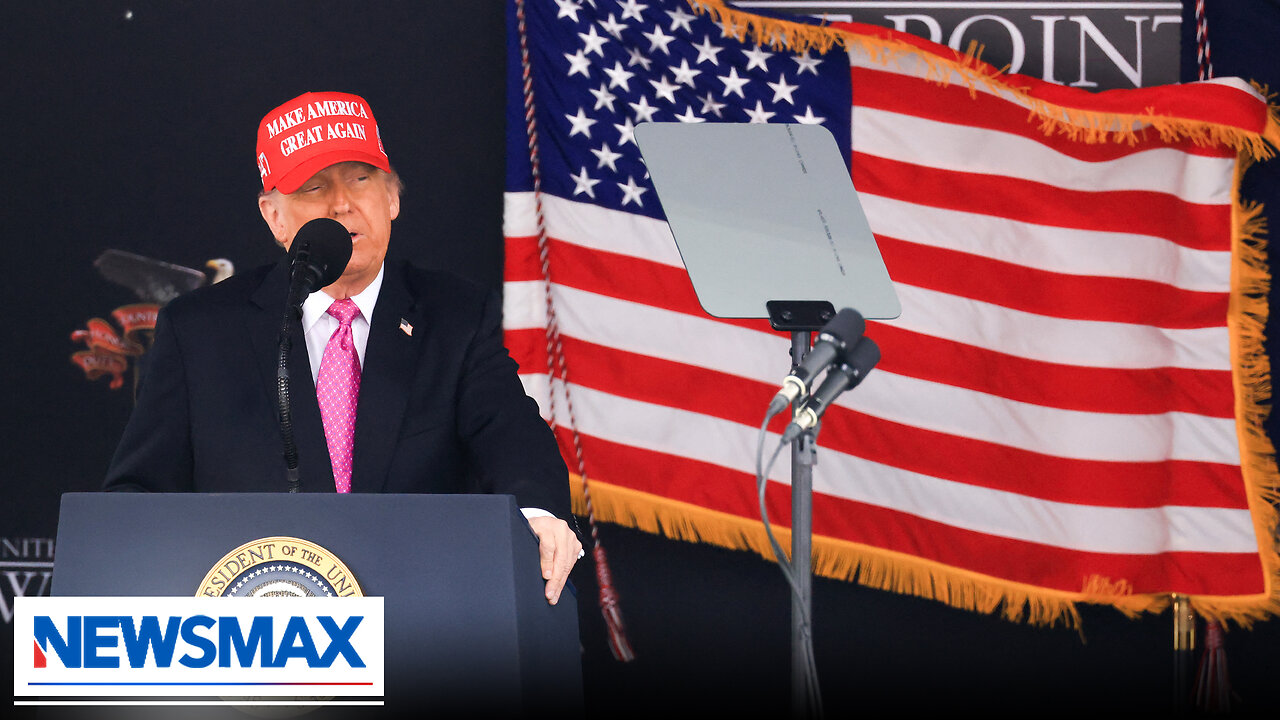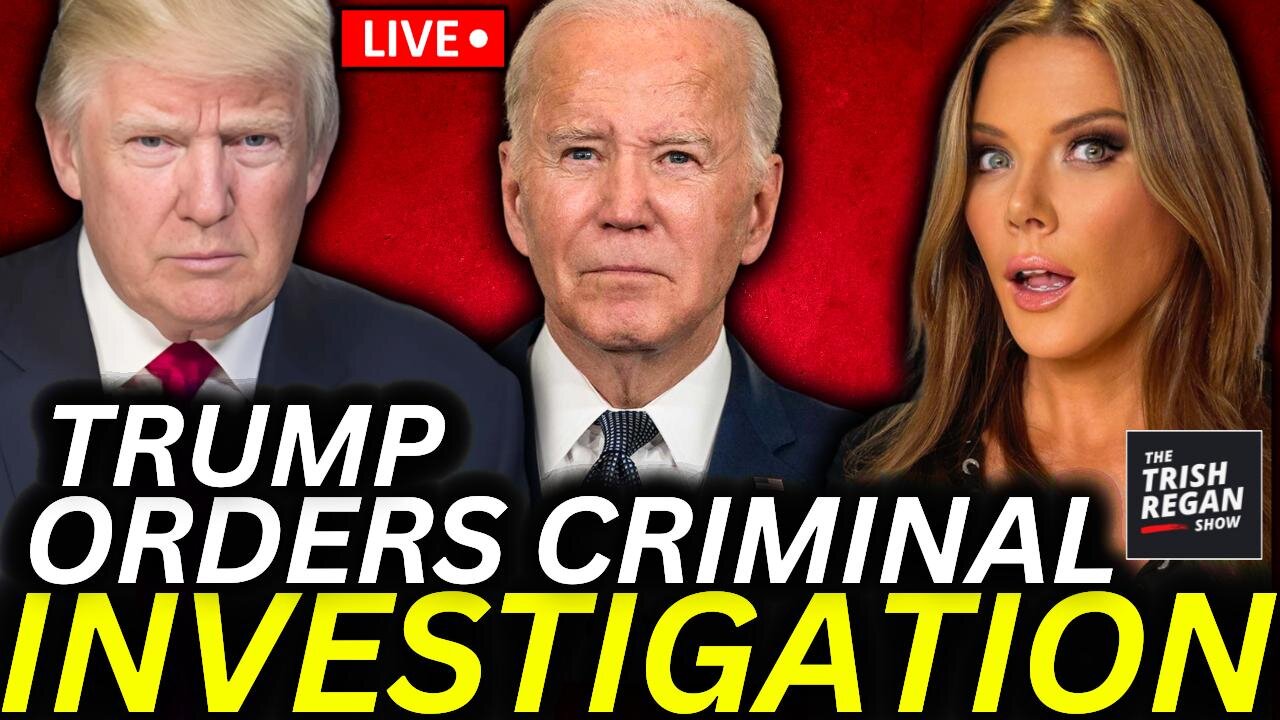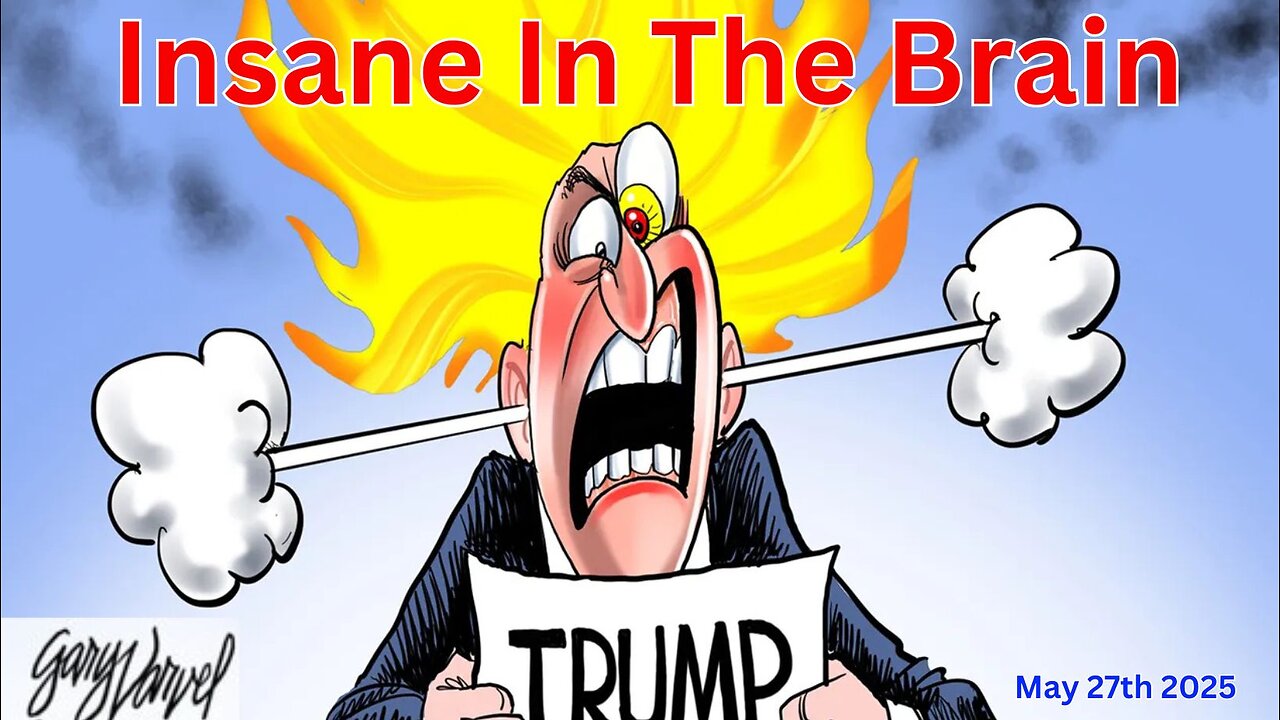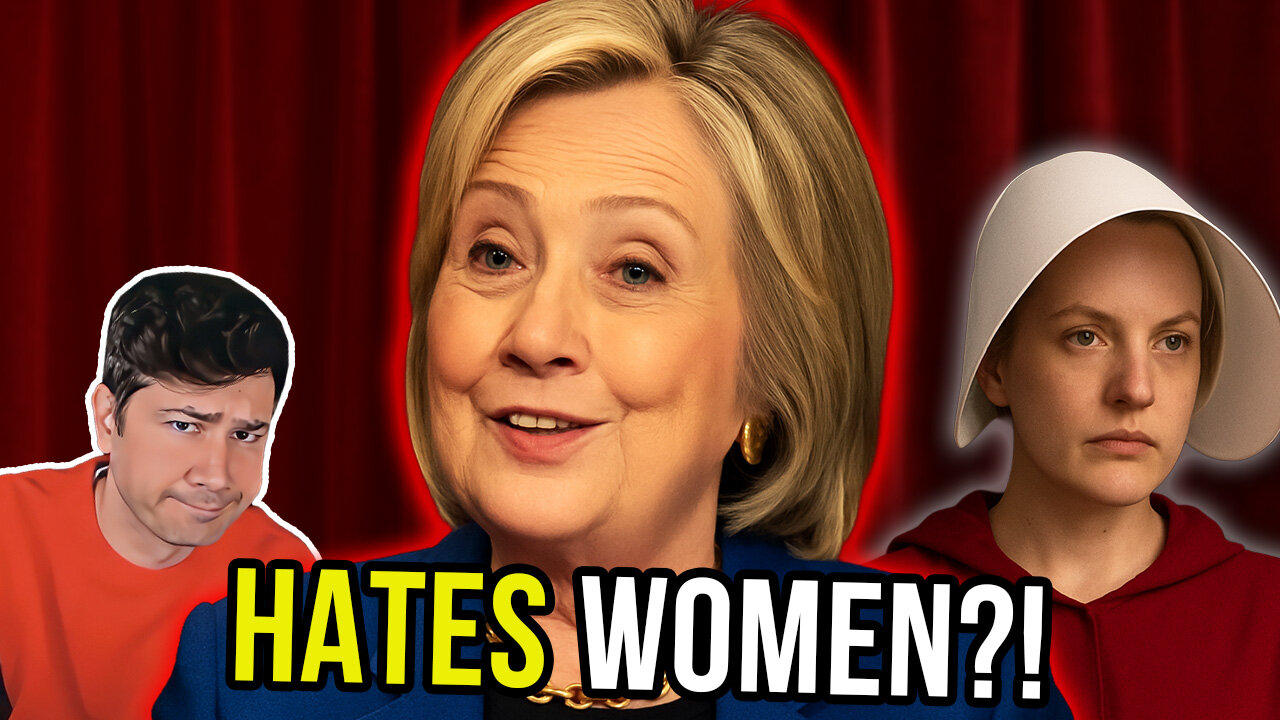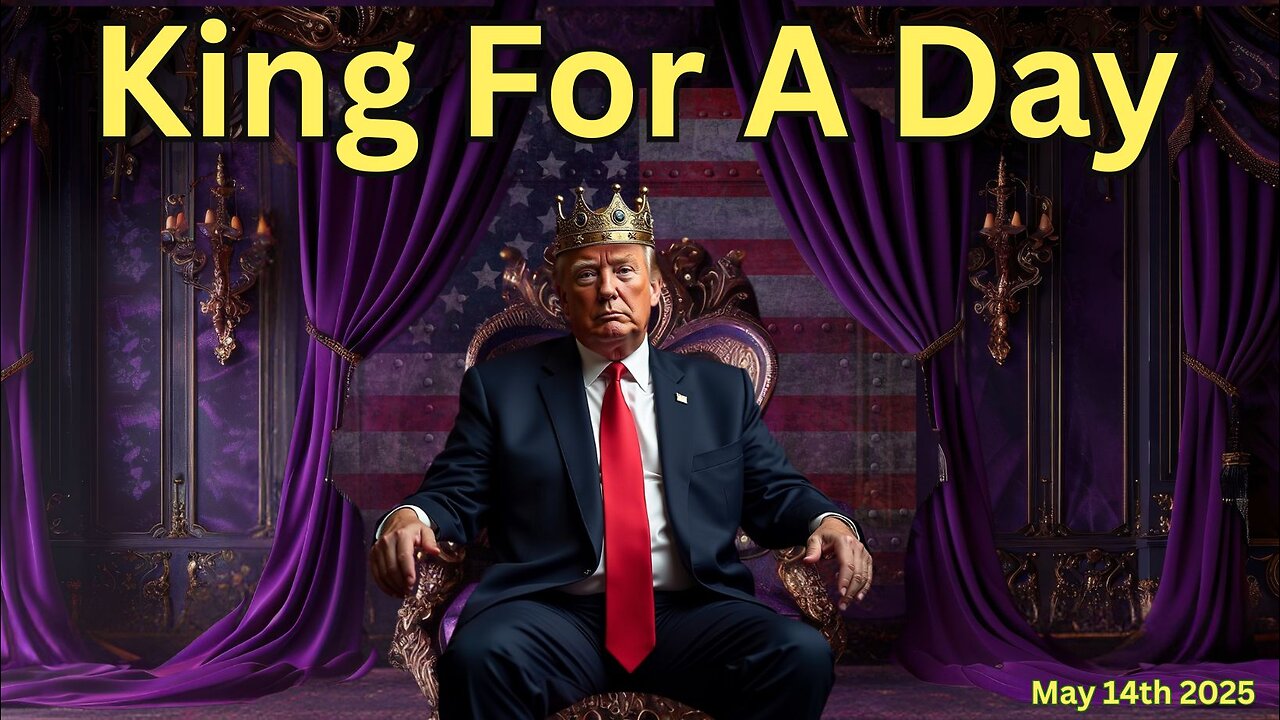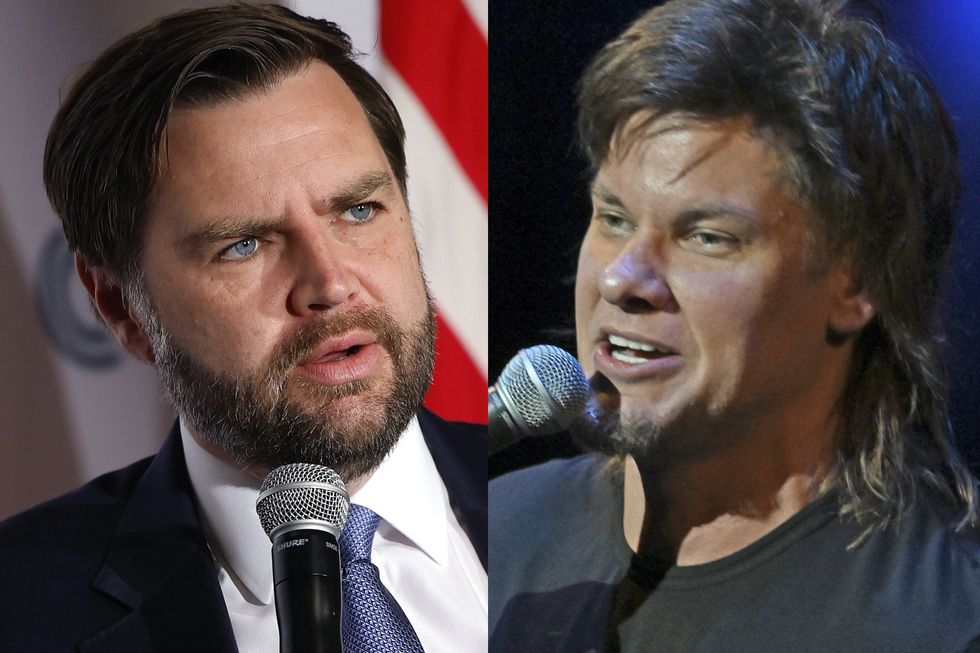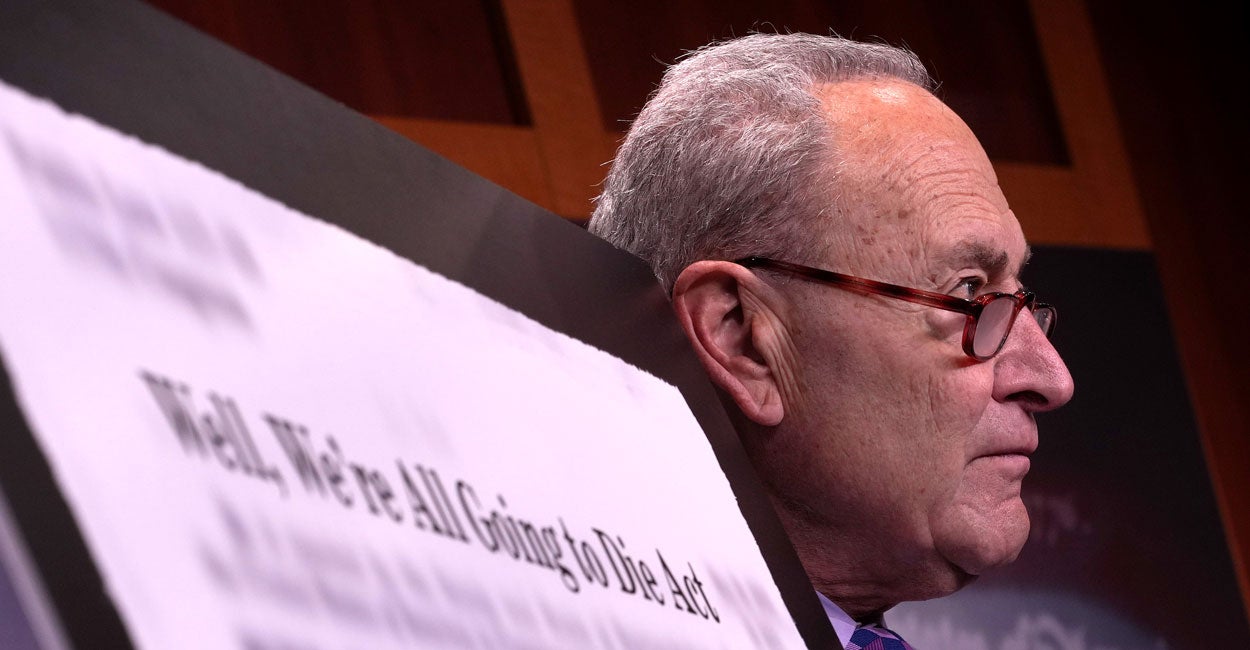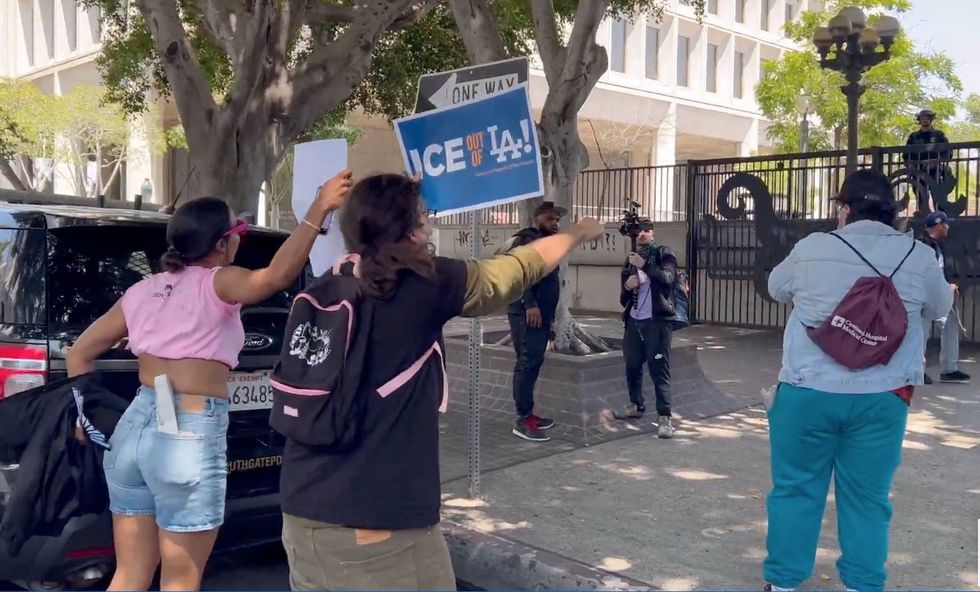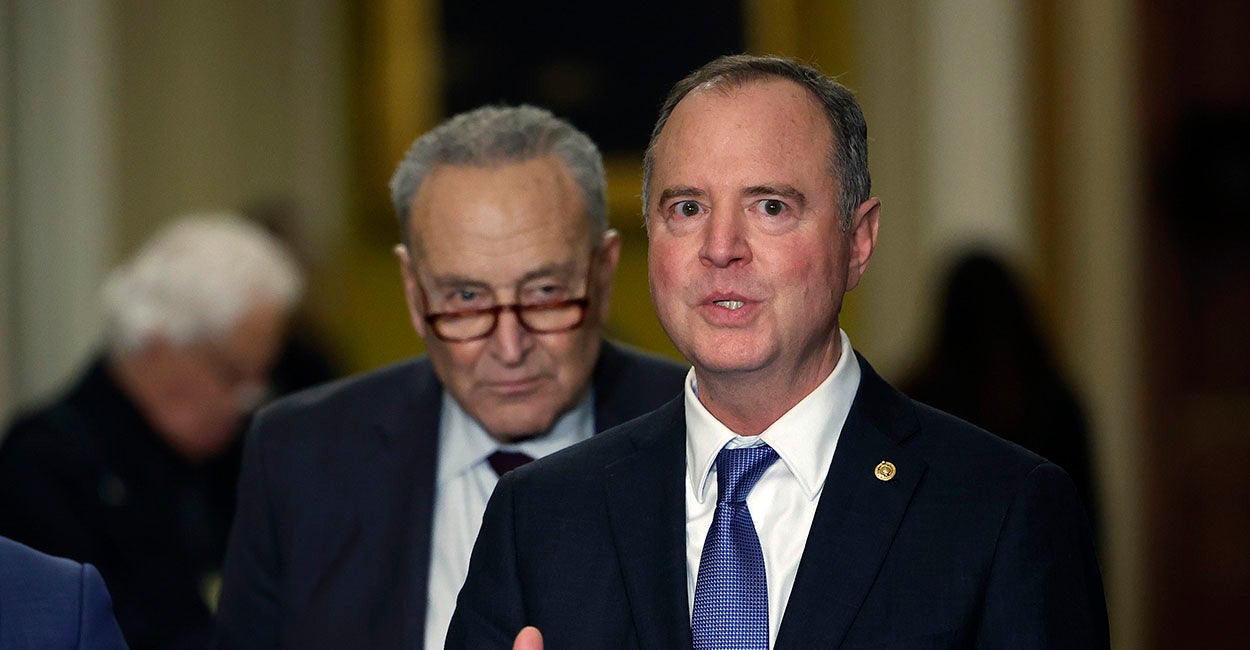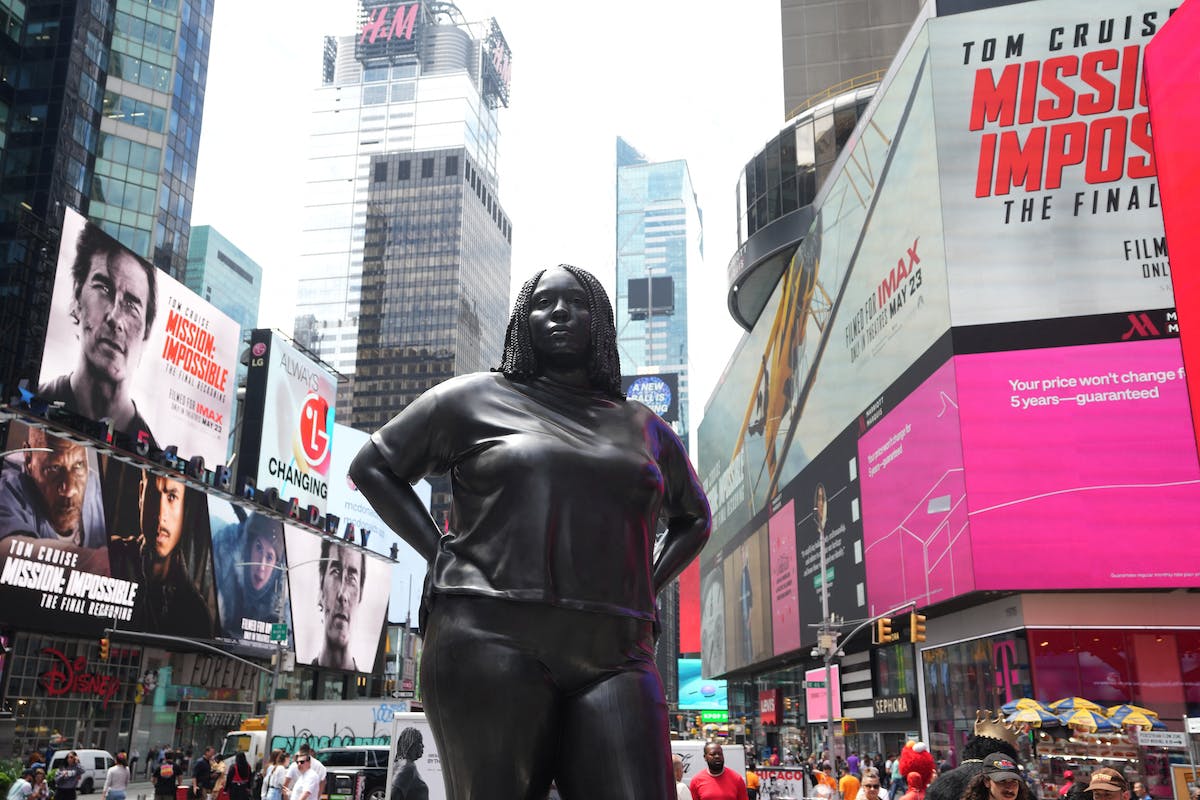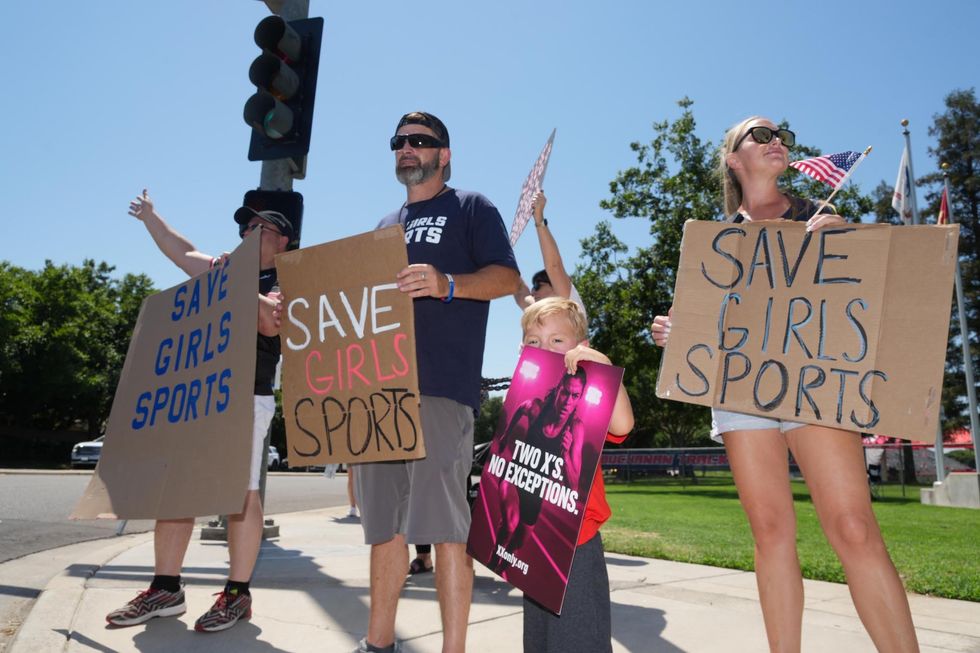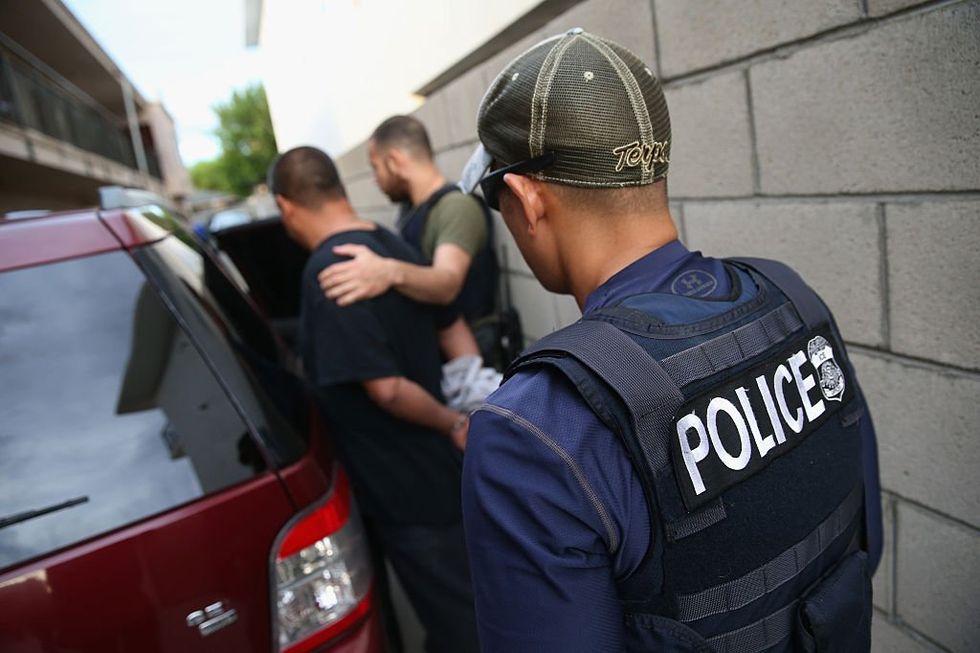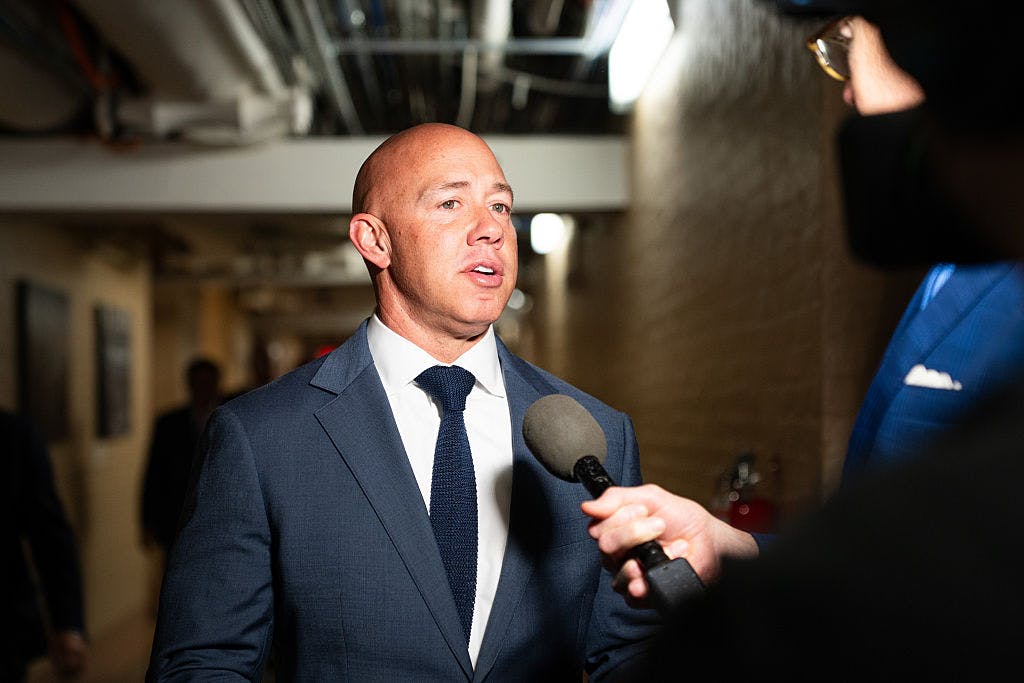Food Stamps Accepted At Thousands Of Liquor And Tobacco Stores, Contributing To Healthcare Fiasco
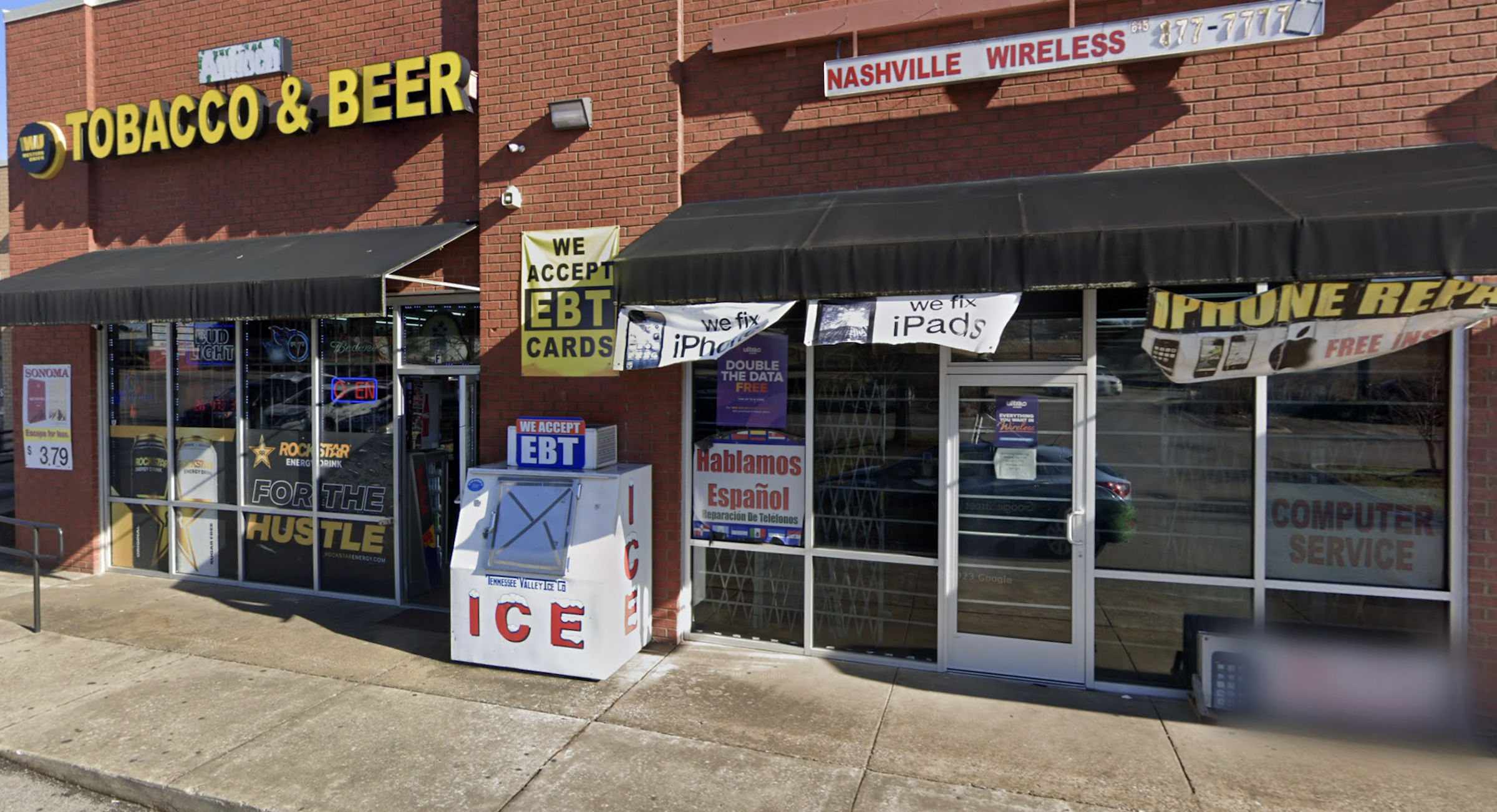
Nearly 5,000 stores with words related to “liquor” or “tobacco” in their names accept food stamps, a Daily Wire review of government data found.
The U.S. Department of Agriculture, which runs the food stamp program, currently allows more than 3,700 stores with “liquor,” “beer,” “wine,” or “spirits” in their names to accept food stamps. Food stamps aren’t allowed to be used for alcohol, but they can be used for nearly anything edible, so the stores are allowed to accept them on the idea that someone might want to buy snacks, such as a bag of chips, at the liquor store. Such stores are highly unlikely to sell much healthy food, and the snacks they sell are likely ultra-processed junk food sold in small quantities at a very high markup.
The findings highlight how the$113 billion Supplemental Nutrition Assistance Program (SNAP) often contributes to making people less healthy. Democrat and Republican governors alike have signaled support for reforming SNAP to block junk food in order to deal with persistent problems regarding health — or, as Arkansas Gov. Sarah Huckabee Sanders put it, “Make America Healthy Again.”
Junk food and soda are permitted expenditures with SNAP, and soda is the number one most-purchased item. While alcohol and tobacco aren’t, the USDA essentially has to rely on store owners’ honesty when reporting what was actually rung up. Selling ineligible products, or trading food stamps for cash, is unlikely to happen at major grocery chains, but far more likely to happen at inner-city liquor stores.
The stores include Bottles Liquor in Oakland, whose windows advertise luxury alcohols like Patron.
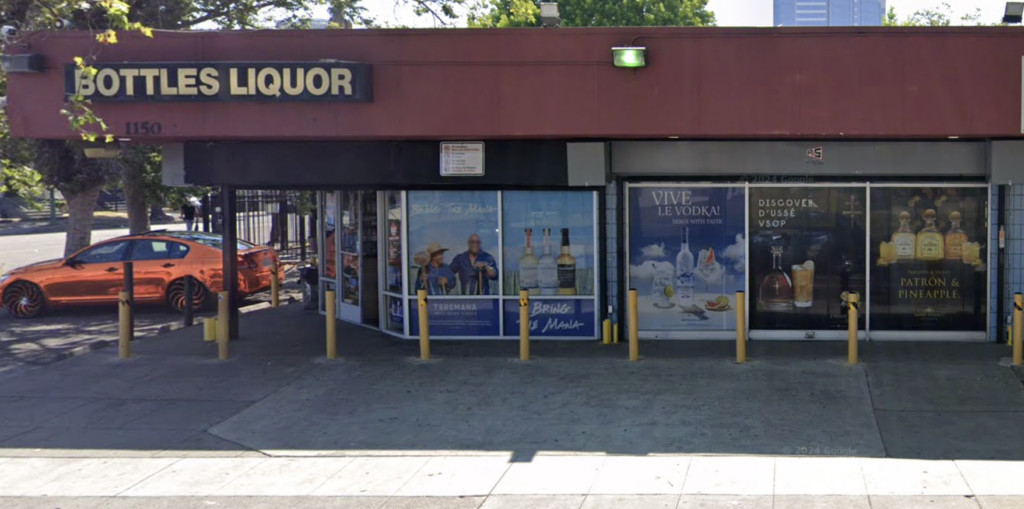
Or a store in Detroit with a sign that simply says LIQUOR, where signs advertise various beers, lottery machines, and the fact that people can access Bitcoin, a favorite for illicit transactions, there.
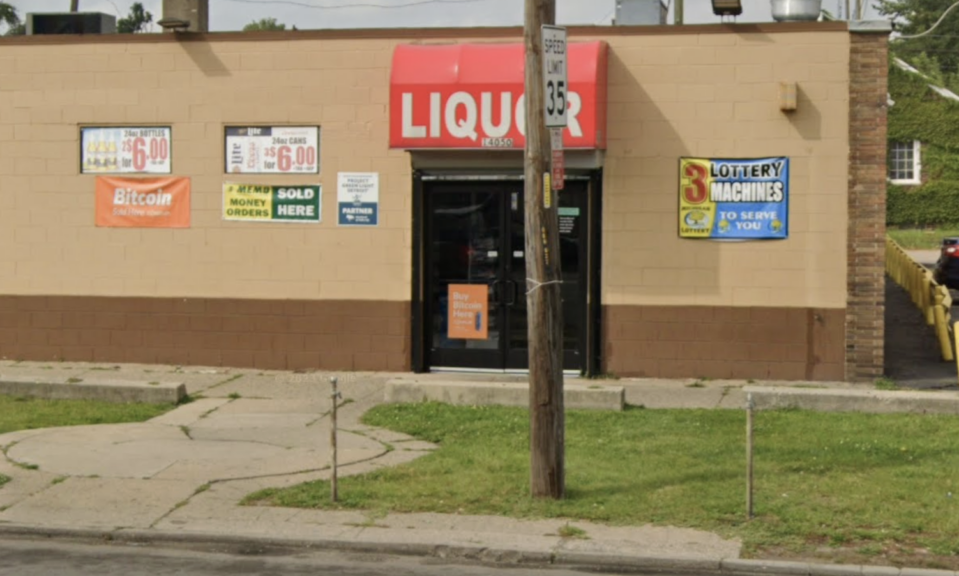
Residents of Antioch, Tennessee who want to use a taxpayer-funded nutrition program at a store dedicated to harming both livers and lungs can check out Antioch Tobacco & Beer, where signs advertise Bud Light, Sonoma Cigarettes, Rockstar energy drinks, and the fact that EBT — the debit card that holds food stamps — is accepted.
The federal government has ensured that SNAP can be spent at thousands of stores whose names contain “tobacco,” “smoke,” “cigar,” or “vape.” Those enjoying Reno, Nevada’s vices can spend their government benefits at Stay High Liquor & Smoke.
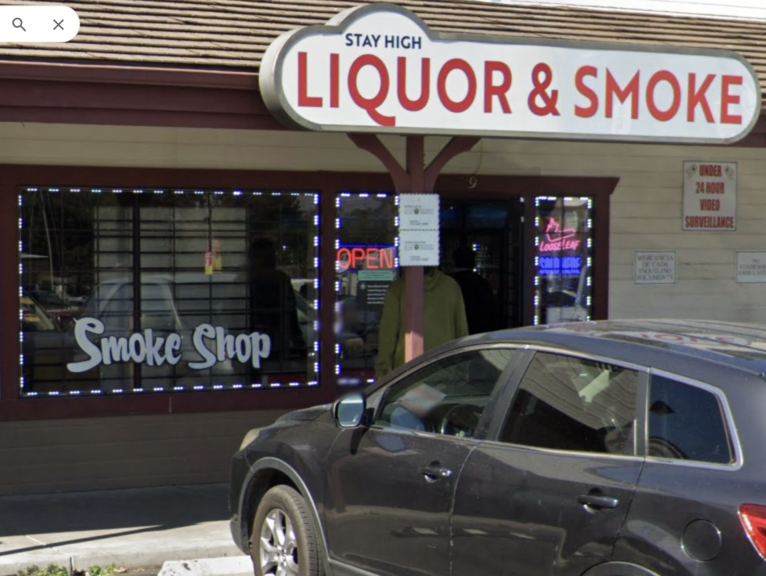
Phoenix residents who anticipate that after buying a blunt wrap, they might want a bag of Funyuns can check out “Cell Repair – Smoke & Vape Shop,” where you can buy cannabis products and where the “EBT SNAP CARDS ACCEPTED HERE” sign is larger than the name of the store itself.
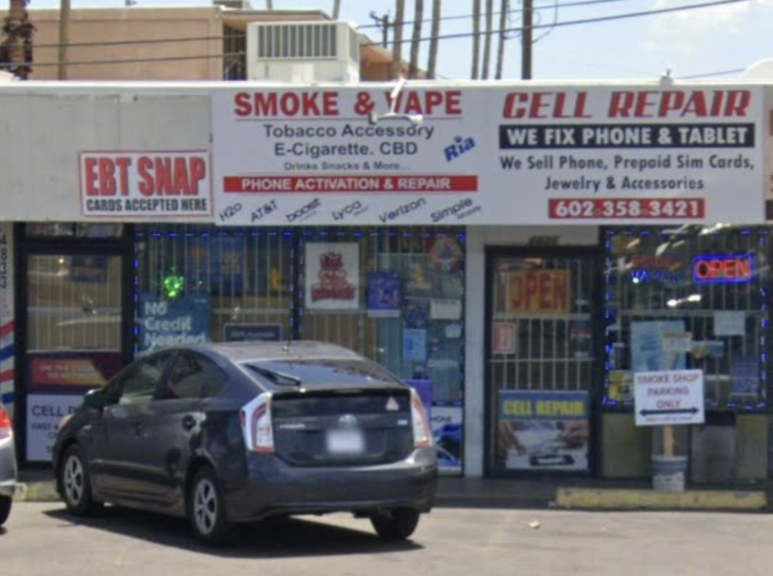
Tobacco Depot in Stockton, California focuses its advertising on the fact that you can buy both cigarettes and glass pipes used for drugs, as well as that the store does “accept E.B.T.”
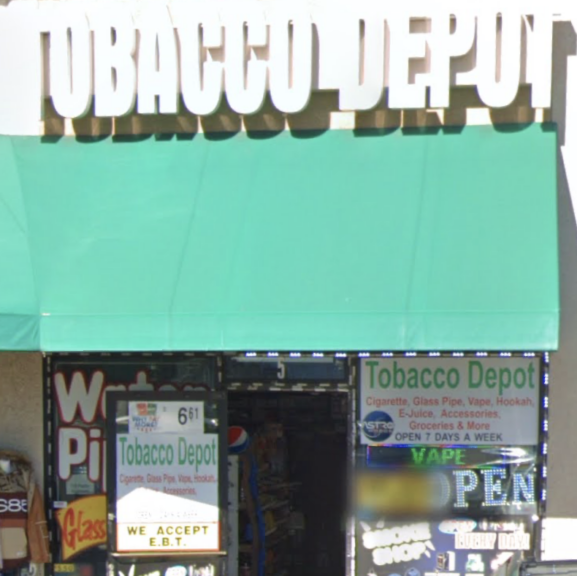
In Huntington, Indiana, I Puff Discount Tobacco contains a marijuana leaf in its window and accepts EBT, perhaps for those who want to pick up a Mountain Dew if whatever they’re smoking dries out their mouth.
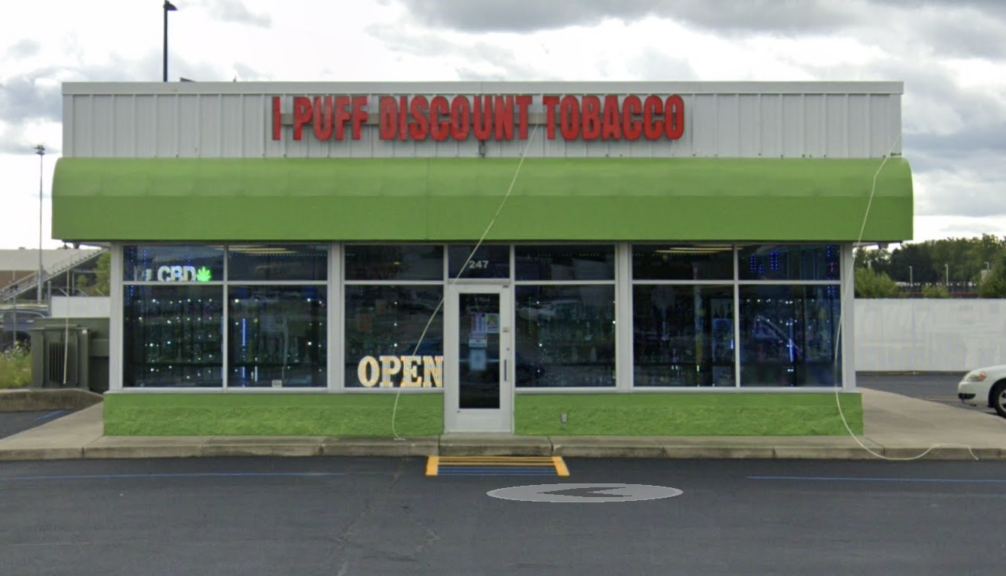
On top of the 5,000 liquor and smoke shops, welfare beneficiaries — who are more likely than the general population to be obese — can spend their taxpayer-funded nutrition dollars at candy stores, like Angie’s Candy Store in Milwaukee.
Nearly 200 firms with “liquor” in the name have been found to have defrauded the food stamp program in recent years. Crain’s Ice Cream & Liquor took food stamps, until the government was surprised to learn that it wasn’t a bona fide source of nutrition, instead finding “irregular transactions” of hundreds of dollars making “the case of trafficking… convincing.” Its receipts did not even indicate whether the items purchased were food or not.
Since 2017, 51 stores with the name “tobacco” in their name have been found to have committed fraud, according to USDA data.
For example, inspectors visited Amigos Tobacco Shop in Greenville, North Carolina three times, and all three times they observed food stamps being accepted for non-food items, presumably tobacco, by multiple clerks. The store was barred from accepting food stamps for six months, although the punishment was postponed because the store owner appealed, complaining that SNAP was “very important” to his tobacco store’s income stream.
T&J Cell & Tobacco in Milwaukee was authorized to take food stamps even though there are more than 90 stores within a two-mile radius, including supermarkets, that sell wide selections of food and accept the benefit. USDA investigators found that it was ringing up unusually high-dollar transactions, even though it offered “mainly snacks foods and beverages.” It banned the store for “trafficking” food stamps, which is when a clerk rings up fake products and gives half the amount to the customer in cash.
When inspectors visited Manchester Tobacco Outlet in Manchester, Tennessee, it didn’t even have a selection of staple foods for sale, which the owner said was because “we ran out of goods.” Os Pipe & Tobacco of Denver was eligible to accept food stamps, until the government realized its owner was a convicted drug dealer.
Liquor Beer & Tobacco Outlet in Charles City, Iowa, was allowed to accept food stamps. Investigators found it was ringing up high-dollar transactions even though it only sold small items like snacks and didn’t even have shopping baskets, leading them to conclude that it was simply laundering food stamps for cash.
“It is not plausible that the firm’s customers would carry large amount of merchandise around the store without the benefit of shopping carts or baskets or that customers would routinely do the bulk of their grocery purchases at a moderately-stocked convenience store rather than a nearby superstore or supermarket with significantly more inventory and lower prices,” investigators wrote.
On December 6, The Daily Wire laid out the case for how SNAP could be replaced by a system that purchased healthy food in bulk from farmers, and sent them to needy people upon request. That could save money not just on SNAP itself, but on the Medicaid costs associated with obesity.
On Wednesday, Gov. Sanders wrote to Robert F. Kennedy, President-elect Donald Trump’s nominee for Health and Human Services Secretary, and Brooke Rollins, his Agriculture nominee, that reforming SNAP could be part of the Make America Healthy Again agenda.
“Unfortunately, this ‘Nutrition Assistance’ program is undermining the health of millions of Americans, on the taxpayer’s dime, by encouraging families to eat highly processed, unhealthy junk food,” Sanders wrote. She said soda, unhealthy snacks, and candy make up a large portion of SNAP purchases, which is harming her state, where 40% of residents are obese and one-third have diabetes or pre-diabetes.
She noted that a Stanford study by Dr. Jay Bhattacharya, Trump’s pick to lead the National Institutes of Health, “estimated that prohibiting sugary drinks and soda from SNAP would prevent obesity in 141,000 kids and Type 2 diabetes in 240,000 adults. Since joint state and federal healthcare spending is quickly approaching $2 trillion each year, we should embrace commonsense, preventative healthcare policies.”
Sanders also said shifting the program to healthy, homegrown food would also support farmers, and said she would seek a waiver from SNAP to steer the program towards healthy foods in her state. In previous administrations, the federal government has refused to give states waivers blocking junk food, including New York, which wanted to ban soda.
On X, Jared Polis, the Democrat governor of Colorado, echoed his support, saying, “Prioritizing healthy, fresh foods over junk food and soda will reduce the risk of having future health issues such as diabetes and cavities.”
Originally Published at Daily Wire, Daily Signal, or The Blaze
What's Your Reaction?
 Like
0
Like
0
 Dislike
0
Dislike
0
 Love
0
Love
0
 Funny
0
Funny
0
 Angry
0
Angry
0
 Sad
0
Sad
0
 Wow
0
Wow
0
